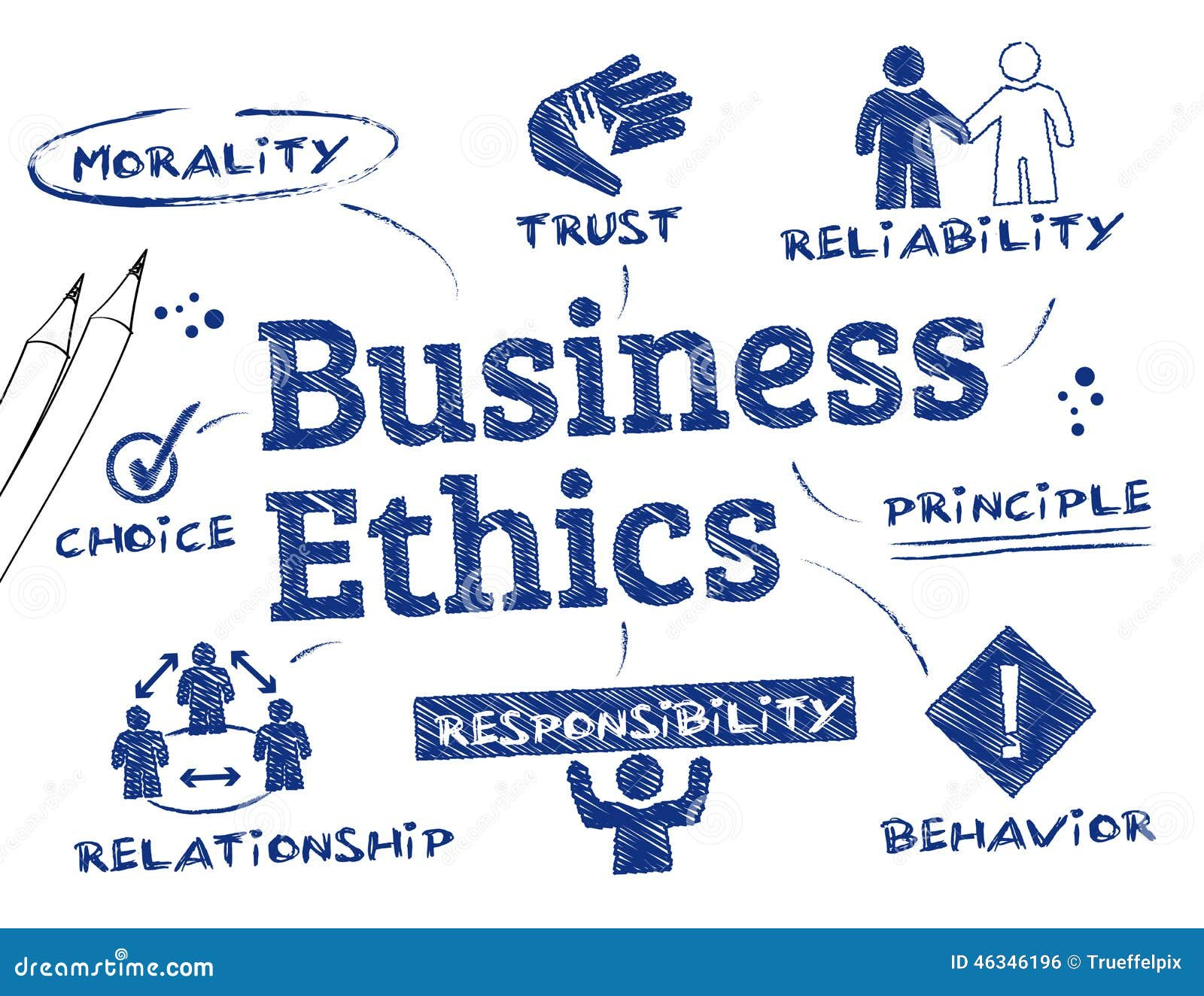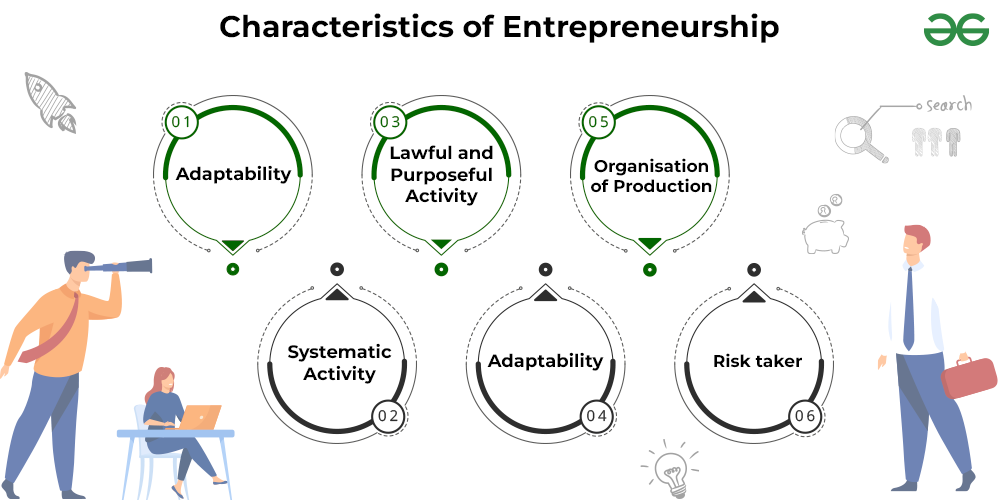Business ethics play a crucial role in guiding organizations through the complex landscape of decision-making and moral responsibility. In today’s corporate environment, leaders face myriad ethical dilemmas, ranging from gray area ethics to instances where they must navigate the legal and moral implications of their actions. Joseph Badaracco, a noted expert in business ethics, emphasizes the importance of understanding these nuances to foster responsible business leadership. With rapidly evolving technology and international contexts, ethical decision-making has transformed significantly, requiring professionals to consider not only profit but also the impact on stakeholders. By prioritizing ethics in business, organizations can build a foundation of trust and integrity that drives long-term success, ultimately benefiting everyone involved.
The principles underlying ethical practices in the corporate world, often referred to as integrity in commerce, are fundamental to navigating the multitude of challenges that business leaders encounter. Today, the landscape is riddled with ethical conundrums that demand careful consideration and nuanced judgment—an evolution described by experts in the field. As companies grapple with the implications of their decisions in an interconnected global market, the call for transparent and principled governance has never been more urgent. Whether it’s through vibrant discussions about moral philosophy or tackling real-world scenarios, the focus on ethical accountability is paramount in modern business. As we reflect on the shifting dynamics in business ethics, we must appreciate their significance in shaping a more sustainable and equitable commercial environment.
Understanding Business Ethics in Today’s Environment
Business ethics have evolved significantly over the years. In the past, the focus primarily lay on philosophical principles like utilitarianism and deontology, where students learned to apply these theories to real-world scenarios. However, the current landscape necessitates a more contextual approach, as echoed by Joseph Badaracco, a revered professor of business ethics at Harvard Business School. He emphasizes that understanding modern ethical dilemmas involves assessing the specific circumstances at hand rather than relying solely on top-down ethical mandates. This shift not only highlights the importance of context but also reflects the complexities of today’s global business environment.
Another crucial aspect of today’s business ethics is the influence of technology and globalization. As business leaders navigate ethical dilemmas, they face nuanced questions about privacy, artificial intelligence, and stakeholder engagement. This multifaceted environment means that ethical decision-making now involves understanding a web of international regulations and community expectations. Leaders must balance the interests of diverse stakeholders while adhering to legal standards. As Badaracco notes, the interconnections between corporations, regulators, and society have become more intricate, necessitating that business leaders develop robust frameworks for ethical decision-making.
The Gray Areas of Ethical Decision Making
One of the most pressing challenges in business ethics is the prevalence of gray area situations where decisions aren’t clear-cut. For instance, when conflicting obligations arise—such as prioritizing shareholder profits over community welfare—leaders must rely on their judgment to navigate these murky waters. Joseph Badaracco highlights that ethical dilemmas often resemble artistic judgments rather than binary choices. In such circumstances, an executive must critically analyze the implications of their decisions, weighing the potential outcomes while considering the ethical responsibilities involved.
Moreover, tackling gray area issues requires leaders to engage in extensive reflection and consultation with trusted colleagues. By facilitating open discussions that encourage diverse perspectives, business leaders can mitigate cognitive biases that might cloud their judgment. Badaracco suggests that creating an environment where team members can honestly discuss ethical implications helps clarify what responsible practices look like. Ultimately, just as artistry relies on practice and perspective, ethical decision-making flourishes when leaders commit to thoughtful, collaborative approaches in addressing complex dilemmas.
Cognitive Biases and Their Influence on Decision-Making
Cognitive biases often impede our ethical decision-making abilities, particularly when navigating complex gray areas. When a business leader is faced with a dilemma, they may unconsciously favor their interests or those of their team, leading to potentially unethical choices. In his analysis, Joseph Badaracco emphasizes the importance of recognizing these biases and actively seeking to minimize their impact. He encourages leaders to engage in reflective practices that help illuminate their thought processes and potential blind spots, allowing for clearer, more conscientious decisions.
To overcome cognitive biases, it’s vital for leaders to engage with their teams and include varying viewpoints in discussions. This collaborative approach not only enriches the decision-making process but also fosters a culture of ethical consideration within the organization. By systematically examining the factors influencing their decisions, leaders can better align their choices with ethical principles. Badaracco’s insights underline that understanding the psychological underpinnings of decision-making is essential for leaders who strive to make sound, ethical judgments in a rapidly evolving business landscape.
New Ethical Responsibilities in the Global Business Landscape
As businesses increasingly operate on a global scale, the ethical responsibilities of leaders have expanded significantly. Organizations are now expected to adhere not only to laws and regulations but also to broader social responsibilities that impact various stakeholders. In response to these challenges, Joseph Badaracco raises critical questions about a company’s role in society and its obligation to act ethically. Business leaders must grapple with the implications of their decisions beyond financial performance, considering how their actions affect employees, communities, and the environment.
This shift in focus toward a more holistic view of business ethics calls for executives to establish ethical frameworks that take into account the diverse impacts of their operations. Business leaders need to develop strategies that integrate stakeholder engagement and corporate social responsibility into their day-to-day decision-making processes. As leaders navigate these complexities, they must recognize that ethical decision-making is not merely a compliance exercise but a fundamental component of sustainable business practices.
The Importance of Reflection in Ethical Decision-Making
In a fast-paced business world, the need for reflection cannot be overstated. Taking time to ponder over decisions—especially ethical ones—helps leaders clarify their values and understand the implications of their choices. Joseph Badaracco’s research points out that many successful executives incorporate reflective practices into their routines, whether through quiet contemplation, discussions with trusted colleagues, or even creative outlets like music. By cultivating a reflective mindset, leaders can better grapple with the complexities of ethical decisions and develop sound judgments.
Moreover, reflection fosters a deeper understanding of one’s central responsibilities and the practical aspects of decision-making. With so much at stake, taking the time to critically evaluate what matters most can guide leaders toward responsible actions. Implementing regular reflection not only sharpens one’s ethical intuition but also reinforces a company’s commitment to ethical standards. Ultimately, instilling a culture of reflection within organizations equips business leaders with the tools necessary to navigate the ethical challenges of an ever-changing landscape.
Strategies for Effective Ethical Leadership
Effective ethical leadership requires a combination of clarity, integrity, and strategic thinking. As noted by Joseph Badaracco, successful leaders establish a framework of values that guide their decision-making processes. By clearly articulating the ethical principles that underpin their organization, leaders can cultivate an environment where ethical conduct is prioritized and engrained in the corporate culture. This proactive approach fosters trust among employees, stakeholders, and customers, positioning the company as a responsible entity in the marketplace.
Moreover, ethical leadership involves actively listening to diverse perspectives and encouraging open dialogues regarding ethical dilemmas. Leaders should invite feedback from team members and create safe spaces for discussions about potential ethical conflicts. By incorporating the voices of others into the decision-making process, leaders can better mitigate risks associated with biases and achieve a balanced view. Ultimately, implementing these strategies allows leaders to navigate complex situations with confidence while adhering to high ethical standards.
Navigating Ethical Dilemmas in Technology-Driven Business
With the rapid pace of technological advancements, ethical dilemmas are increasingly prevalent in the business sector. Joseph Badaracco emphasizes that understanding the ethical implications of emerging technologies like AI and robotics is crucial for today’s business leaders. Managers must navigate complexities related to data privacy, algorithmic biases, and the societal impacts of automation while maintaining their ethical compass. Technology can create unforeseen challenges, necessitating a robust decision-making framework that addresses these concerns head-on.
To effectively handle ethical dilemmas in technology-driven business environments, leaders must foster a culture of continuous learning and ethical sensitivity. Encouraging teams to engage with the broader implications of their technological strategies helps to identify potential ethical pitfalls early on. In addition, collaborating with external stakeholders, including ethicists and community representatives, can offer valuable insights that enhance the organization’s ethical standards. As technology continues to evolve, prioritizing ethical considerations in these discussions will ensure that businesses remain accountable and socially responsible.
The Role of Stakeholder Engagement in Ethical Business Practices
Incorporating stakeholder engagement into business practices is essential for fostering ethical decision-making. Organizations that actively involve their stakeholders—employees, customers, suppliers, and the community—are better equipped to navigate complex ethical dilemmas effectively. Joseph Badaracco asserts that understanding stakeholder perspectives provides valuable insights that can shape responsible business decisions. By engaging with diverse viewpoints, leaders can uncover potential conflicts and develop more comprehensive solutions that account for various interests.
Moreover, stakeholder engagement can bolster a company’s reputation and strengthen relationships within the community. When businesses prioritize open dialogue and transparency, they demonstrate their commitment to ethical practices. This responsiveness not only builds trust but also encourages stakeholders to hold the organization accountable for maintaining ethical standards. By integrating stakeholder perspectives into decision-making, businesses are more likely to thrive in an increasingly interconnected world while upholding their ethical duties.
Conclusion: Cultivating a Culture of Ethics in Business
Building a culture of ethics within a business is essential for sustainable success in today’s dynamic environment. Leaders play a pivotal role in establishing ethical norms through their actions and decision-making processes. Joseph Badaracco affirms that promoting ethical behavior requires a commitment to ongoing education and dialogue about ethical challenges. By integrating ethical discussions into everyday business practices, organizations can encourage employees to prioritize moral considerations and feel empowered to speak up about potential ethical concerns.
Furthermore, cultivating a culture of ethics enhances employee engagement and boosts morale. When team members recognize that their leaders value ethical considerations, they are more likely to align their behaviors with the company’s values. This alignment fosters a sense of shared responsibility for maintaining high ethical standards and contributes to a positive organizational culture. Ultimately, empowering individuals to act ethically will not only help mitigate risks associated with unethical behavior but also position the company as a leader in ethical business practices.
Frequently Asked Questions
What are some common ethical dilemmas in business today?
Common ethical dilemmas in business today include conflicts of interest, misrepresentation of product capabilities, financial misreporting, and issues regarding employee treatment. These dilemmas often arise from gray area ethics where decision-makers must evaluate competing obligations and uncertain outcomes.
How can business leadership effectively navigate ethical decision-making?
Business leadership can navigate ethical decision-making by establishing clear values and ethical guidelines within the organization, encouraging open dialogue about ethical challenges, and utilizing frameworks for ethical analysis. This enhances their ability to address ethical dilemmas thoughtfully and consistently.
What role does Joseph Badaracco play in understanding business ethics?
Joseph Badaracco is a prominent figure in business ethics, serving as the John Shad Professor at Harvard Business School. His work emphasizes the complexity of ethical decisions and the importance of reflection in leadership to navigate ethical dilemmas effectively.
How can leaders avoid unethical decisions in gray area ethics?
Leaders can avoid unethical decisions in gray area ethics by fostering a culture of transparency, seeking diverse perspectives when faced with complex decisions, and focusing on both ethical and practical implications. Engaging in reflective practices can also help clarify responsibilities and potential consequences.
What are the implications of technological advancements on business ethics?
Technological advancements, such as AI and robotics, complicate business ethics by presenting new ethical dilemmas related to privacy, job displacement, and accountability. Leaders must grapple with these challenges while balancing innovation with ethical considerations to ensure responsible business practices.
How can individuals in business enhance their ethical decision-making skills?
Individuals can enhance their ethical decision-making skills by engaging in continuous learning about ethical theories and practices, participating in discussions about real-world ethical dilemmas, and applying reflective practices to analyze their decisions critically. This approach promotes a more comprehensive understanding of ethics in business.
What strategies can organizations implement to promote ethical behavior among employees?
Organizations can promote ethical behavior among employees by providing ethics training, establishing a clear code of conduct, encouraging whistleblower protections, and creating an environment where ethical concerns can be raised without fear of repercussions. This supports collective ethical decision-making.
How do cognitive biases affect ethical decision-making in business?
Cognitive biases can cloud ethical decision-making by leading individuals to favor information that supports their existing beliefs or self-interests. To mitigate these biases, leaders should seek input from diverse teams and critically assess their decision-making processes to ensure objectivity in ethical judgments.
Why is it important for business leaders to reflect on their decisions?
Reflection is crucial for business leaders because it allows them to analyze their decision-making processes, evaluate the ethical implications of their choices, and consider the perspectives of various stakeholders. Such introspection can lead to more informed and responsible outcomes in business ethics.
How can one develop a framework for ethical decision-making in business?
Developing a framework for ethical decision-making in business involves identifying core values, establishing decision-making criteria, evaluating the potential impact of decisions on stakeholders, and incorporating ethical considerations into strategic planning. This structured approach helps leaders navigate complex ethical issues effectively.
| Topic | Key Points |
|---|---|
| Definition of Business Ethics | Evolved from applied moral philosophy to focus on practical decision-making in complex situations. |
| Change in Engagement | Companies today face more complicated relationships with stakeholders compared to past decades. |
| Emerging Ethical Challenges | International contexts, AI, and technological changes raise new ethical concerns for businesses. |
| Decision-Making Process | Focus on identifying key facts, risks, and expert opinions is essential due to increased complexity. |
| Black and White vs. Gray Areas | Some decisions have clear ethical boundaries while others involve gray areas needing personal judgment. |
| Reflective Practices | Effective decision-making often includes reflection through various personal practices such as quiet time or physical exercise. |
Summary
Business ethics are crucial in navigating today’s complex corporate landscape. As organizations encounter a myriad of challenges involving stakeholder relations, international dynamics, and technological advancements, the definition of business ethics has transformed significantly over the years. Contemporary leaders must engage in a comprehensive decision-making process that addresses both ethical and practical considerations, ensuring they make sound judgments even in gray areas. Reflecting on decisions and utilizing diverse perspectives can help mitigate cognitive biases, leading to more responsible business practices.









Leave a Reply